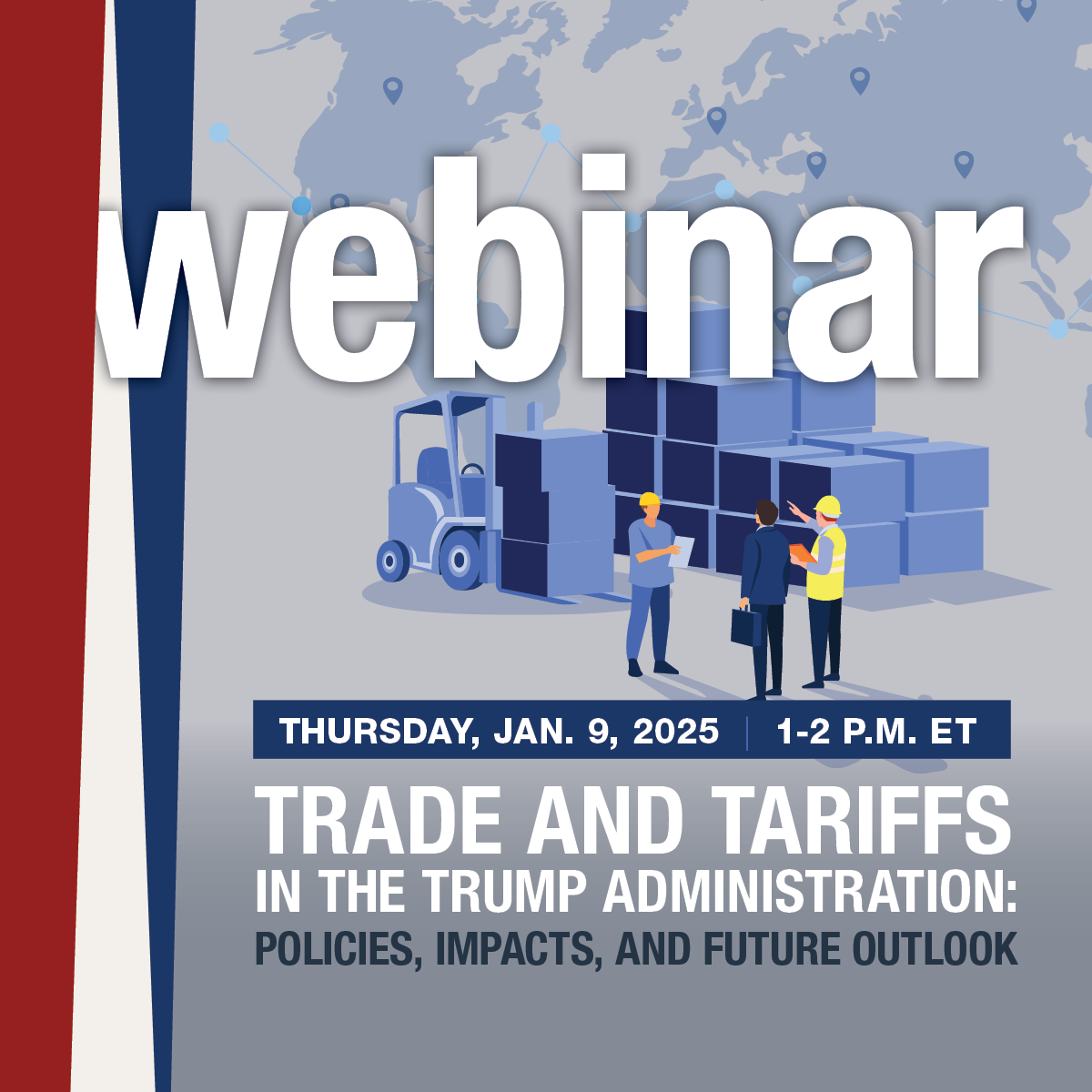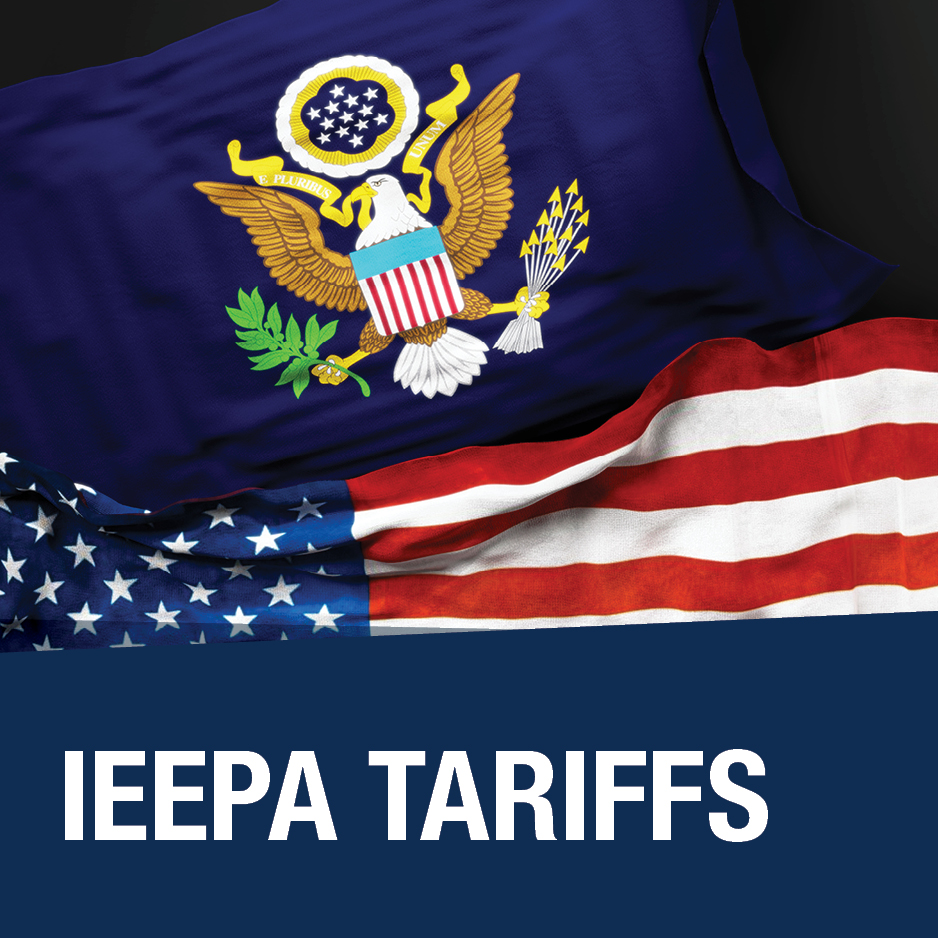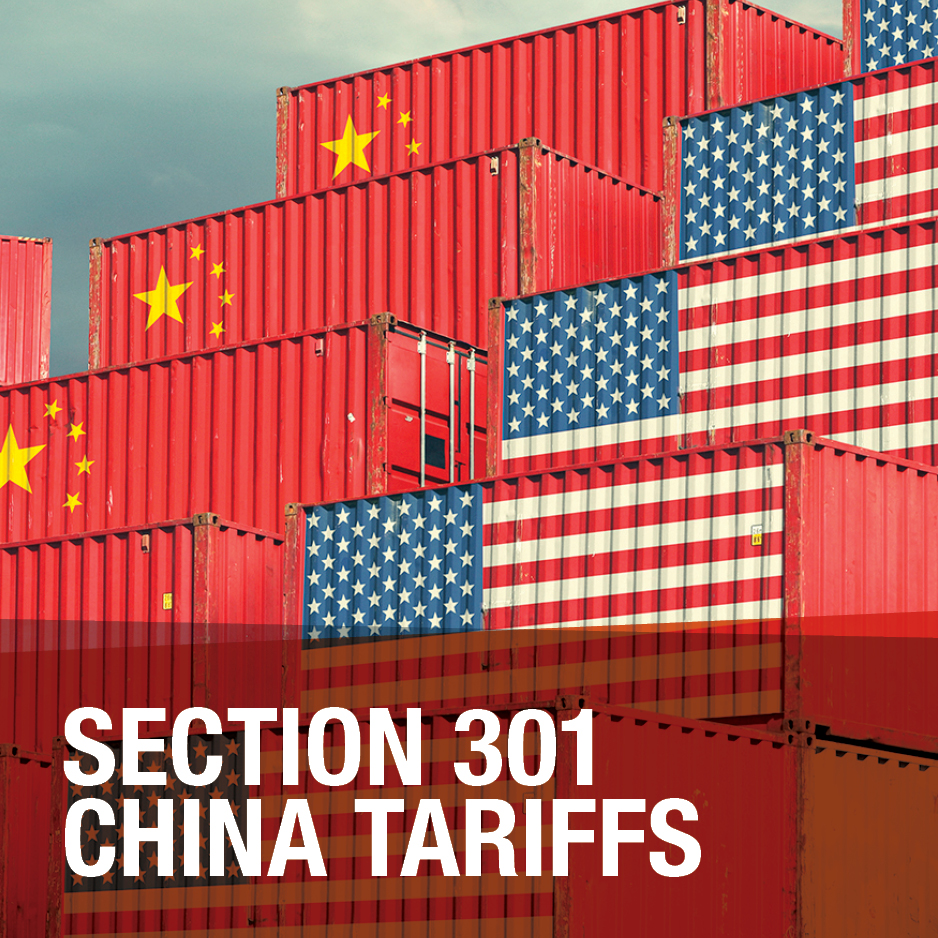
Tariffs and Trade
Tariffs & Trade Impacting the Automotive Aftermarket Latest News
The Auto Care Association is actively monitoring this evolving situation and will provide updates as new information emerges. Check this page regularly for the latest developments.
Has your business been impacted by Tariffs?
We welcome your feedback to help us better understand and assess the impact of these tariffs on our industry and businesses. Please share with us by contacting Angela Chiang, director, international affairs, at angela.chiang@autocare.org.
Share Your Impact StoryCurrent Status
As of Mar. 4, 2025, the 25% tariffs on imports from Canada and Mexico, initially postponed, are now in effect. The tariff on imports from China was initially set at 10% on Feb. 4, 2025, and increased to 20% on Mar. 4, 2025.
These tariffs, imposed under the International Emergency Economic Powers Act (IEEPA) through executive orders issued by President Trump on February 1, 2025, apply in addition to existing import duties and taxes, with no exemptions.
Current Status
The Section 301 China tariffs implemented in 2018-2019 remain in effect, with most tariff rates unchanged since their initial implementation. While some product exclusions have been extended, the majority have expired, except for a limited set scheduled to expire on May 31, 2025.
Additionally, a new 20% tariff on imports from China was imposed under IEEPA, taking effect on Mar. 4, 2025.
Current Status
On Monday, Feb. 10, 2025, President Trump signed a proclamation expanding the Section 232 tariffs on imports of steel and aluminum, eliminating all country exemptions and tariff-rate quotas.
The new steel and aluminum tariffs go into effect on Mar. 12, 2025. All previous country exemptions and product exclusions have been eliminated.
Latest News

President Trump’s ‘America First Trade Policy’: Key Areas of Focus and Potential Impacts
On Jan. 20, 2025, President Donald Trump issued a presidential action titled “America First Trade Policy,” outlining a comprehensive trade policy strategy focused on U.S. economic and national security by addressing trade imbalances and unfair trade practices.
The results of the reviews, investigations and recommendations are due to President Trump by April 1, 2025.
America First Trade PolicySome of the key areas that President Trump has directed to undertake review and make recommendations include:
Unfair and Unbalanced Trade
Trade Deficits: The Secretary of Commerce, in consultation with other agencies, will investigate the U.S. trade deficit, economic and national security implications. Recommendations could include a global supplemental tariff or other policies to address these issues.
External Revenue Service (ERS): The Secretary of Treasury, in consultation with other agencies, will investigate the feasibility of establishing an ERS and will recommend the best methods for designing, building and implementing an ERS to collect tariffs.
Unfair Trade Practices: The United States Trade Representative (USTR), in consultation with other agencies, will investigate any unfair trade practices by other countries and make recommendations to remedy these practices.
US-Mexico-Canada Agreement (USMCA): As part of the scheduled review in July 2025, the USTR will conduct public consultations and evaluate the agreement’s impact on American industries and make recommendations on whether the U.S. should continue its participation in the agreement.
Currency Policies: The Secretary of Treasury, in consultation with other agencies, will review the policies and practices of major U.S. trade partners with respect to the rate of exchange between their currencies and the U.S. dollar. Recommendations include measures to counter currency manipulation that provide an unfair trade advantage.
Trade Agreements and Market Access: The USTR will investigate existing U.S. trade agreements and recommend any revisions. Additionally, the USTR shall identify countries the U.S. can negotiate agreements to obtain export market access for U.S. businesses.
Economic and Trade Relations with the People’s Republic of China (PRC)
The policy directs a focused review of the following PRC-related areas:
- Section 301 Phase One Agreement
- Section 301 Four-Year Review Report
- Other acts, policies and practices by China that may be unreasonable or discriminatory and that may burden or restrict U.S. commerce
- Legislative proposals regarding Permanent Normal Trade Relations with the PRC
- Status of U.S. intellectual property rights conferred upon PRC persons to “ensure reciprocal and balanced treatment of intellectual property rights with the PRC”
Overall Implications and Potential New Tariffs
The "America First Trade Policy" memorandum does not impose any new tariffs at this time. However, it initiates investigations aimed at addressing trade imbalances and unfair practices, which could result in future trade actions.
President Trump has recently indicated that he is considering imposing tariffs of 25% on imports from Canada and Mexico and 10% on imports from China, with potential implementation as early as Feb. 1, 2025. He has also floated the idea of a universal tariff but stated that the United States “is not ready for that yet.” These tariffs have not been confirmed.
According to a recent Politico article, insiders have suggested that the Trump administration is strongly considering new tariffs as part of its broader trade strategy, signaling that such measures may be imminent. The "America First Trade Policy" memorandum outlines a strategy focused on addressing trade imbalances and unfair practices, signaling potential changes in U.S. trade relations.
Press Releases
 Press Release
Press Release Auto Care Association Responds to Trump Administration’s 25% Tariff on Steel, Aluminum Imports
 Press Release
Press Release Auto Care Association Responds to Trump Administration’s Sweeping Tariffs on Canada, Mexico, China

Trade & Tariffs Impact Webinar
On Jan. 9, the Auto Care Association hosted the webinar “Trade and Tariffs in the Trump Administration: Policies, Impacts and Future Outlook.” Led by Patricia Paoletta and Kent Bressie, partners at HWG, the session analyzed the administration’s approach to reshaping global trade dynamics through tariffs and import restrictions aimed at addressing trade imbalances, protecting domestic industries and challenging unfair practices.
The webinar explored key trade statutes and their potential application under the incoming administration, focusing on tools such as the International Emergency Economic Powers Act (IEEPA), Section 301 and Section 232. These mechanisms address national security, unfair trade practices and broader economic challenges. Speakers include:
- Patricia Paoletta, Partner, HWG
- Kent Bressie, Partner, HWG






Leave a comment